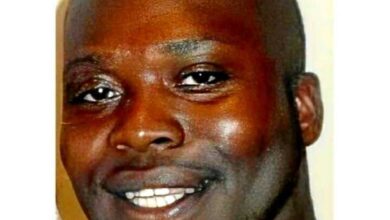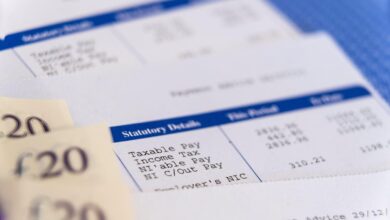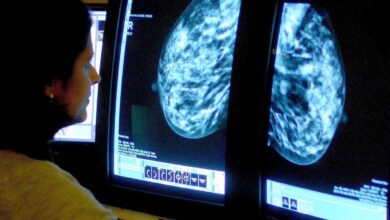Heart attack and stroke patients could be denied ambulances during strike

People suffering from heart attacks or strokes at home may not be able to get an ambulance at home when staff strike on Wednesday, NHS officials have said.
Health secretary Steve Barclay will meet with union officials on Tuesday to insist that both category 1 calls, the most immediate life-threatening emergencies, and category 2 calls – including heart attacks and strokes – are answered.
Members of GMB, Unison and Unite unions will strike at ambulance services across England and Wales, but there are growing fears that provision will be patchy in many parts of the country.
A Department of Health and Social Care source told The Times that Mr Barclay was “very concerned that some union officials still haven’t confirmed that they will cover all emergency calls in their talks with trusts”.
And one NHS ambulance chief told the newspaper: “The best we can hope for is that everyone stays indoors, no one falls over, no one gets ill and no one has a car crash.”
The North East Ambulance Service said Unison had agreed that emergency care staff would be exempt from the strike only “to respond to category 1 calls and category 2 calls in a public place”.
Hospital chiefs are said to fear some older people could be left lying at home with a broken hip, at risk of getting hypothermia and dying, because of the category 2 provision in some areas.
Some category 2 calls could be treated differently since they more likely to be in “a safer environment” at home, while someone lying in the street could be more vulnerable, according to a Unison union source.
Health minister Will Quince said he and Mr Barclay would stress with union bosses that the “expectation” was that both category 1 and category 2 emergency calls are covered as part of an agreed minimum service.
“My call to the unions … is that category 1 and category 2 calls – which make up around 50 per cent of all calls to the ambulance service – should be covered as part of derogations [exemptions],” he told Sky News.
The health minister added: “There are there are minimum service levels which are negotiated at a local level called derogations between the unions and individual trusts. With ambulances, it is all happening at a local level … Those conversations are ongoing.”
There is growing scepticism about the value of the 750 military personnel drafted in to cover emergency calls on Wednesday.
Mr Quince confirmed that Army personnel covering for striking ambulance workers will not be allowed to break red lights or turn on blue lights when driving ambulances.
But he insisted that military staff will still “play a hugely important role in supporting paramedics and ambulance staff in getting people to emergency departments”.
Military staff have also been told that they are not allowed to treat anyone as back up for striking paramedics. “It’s crazy … I’m not actually sure what we’re doing here,” one soldier told The Times.
It comes as a new 79-page government report on resilience warns personnel “cannot be the first port of call whenever an emergency hits” because of the pressures they are already facing at home and abroad.
Mr Quince also encouraged people not to take part in “risky activity” on Wednesday due to the scale of the disruption in the NHS. “Where people are planning any risky activity, I would strongly encourage them not to do so.”
Ambulance unions are demanding an above inflation pay rise after they were offered 4.75 per cent on average. Christina McAnea, Unison general secretary, said the government remained “completely intransigent” on pay – not expected to be discussed at Tuesday’s meeting.
It comes as nurses walk out on Tuesday for a second day of strike action – with union leaders warning they could “escalate” over the next six months if the government continues to refuse to negotiate on 19 per cent pay rise demands.





